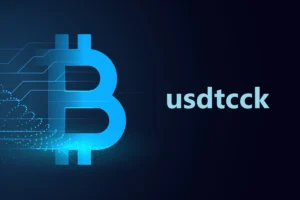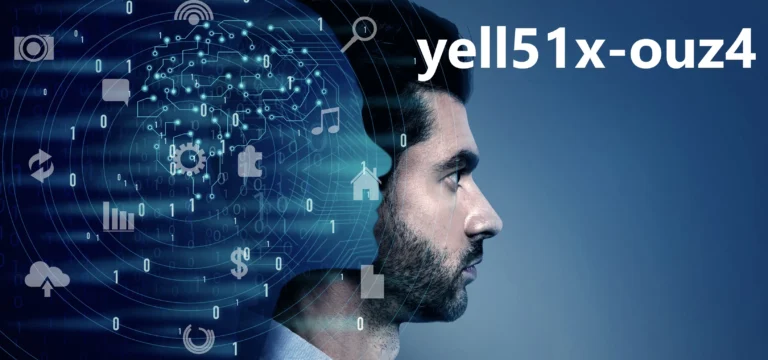Introduction
This article will help you understand what is thejavasea.me Leaks AIO-TLP and it works, and what it all means for your privacy and security. In recent times, the internet has become a breeding ground for data leaks and security breaches. One such platform that has garnered attention is thejavasea.me, known for its involvement in leaking sensitive information. Among the many terms associated with such leaks, AIO-TLP (All-In-One Traffic Light Protocol) stands out.
What is thejavasea.me?

Thejavasea.me is a website that has become notorious for leaking various types of sensitive information. Whether it’s personal data, business documents, or even government files, this platform has been linked to many high-profile leaks. The site operates on the dark web, making it difficult for authorities to track down its operators or shut it down. Understanding how this site works and the kind of information it leaks is crucial for anyone concerned about their online privacy.
What is AIO-TLP?
AIO-TLP, or All-In-One Traffic Light Protocol, is a system used to classify and share information based on its sensitivity. It’s a method that helps organizations and individuals decide who should have access to certain types of information. The protocol is divided into four categories:
- Red: Information that is highly sensitive and should only be shared with a very limited audience.
- Amber: Information that is sensitive but can be shared with a broader group under certain conditions.
- Green: Information that can be shared within a specific community or group without restrictions.
- White: Information that is public and can be freely shared with anyone.
AIO-TLP is often compared to other classification systems, but it’s unique in its simplicity and effectiveness in ensuring that sensitive information is handled appropriately.
Types of Leaks on thejavasea.me
The types of information leaked on thejavasea.me vary widely, but they generally fall into a few main categories:
- Personal Data: This includes anything from social security numbers to bank account details. Such leaks can lead to identity theft and financial loss.
- Business Documents: Companies may find their internal communications, contracts, or even trade secrets leaked, leading to reputational damage and legal challenges.
- Government Information: Leaks involving government data can pose national security risks and lead to significant political fallout.
One of the most alarming aspects of thejavasea.me leaks is the sheer volume and variety of information that can be exposed, impacting individuals and organizations alike.
Implications and Risks

The consequences of having your information leaked on a site like thejavasea.me can be severe:
- For Individuals: If your personal data is leaked, you could face identity theft, financial loss, and a breach of privacy. Recovering from such incidents can be both time-consuming and stressful.
- For Businesses: Leaked business documents can result in lost revenue, damaged reputation, and costly legal battles. Businesses may also face regulatory fines if they fail to protect sensitive data.
- For Security: On a broader scale, leaks of government or corporate data can expose vulnerabilities that cybercriminals can exploit, leading to further attacks and breaches.
Ethical Considerations
There are significant legal and ethical concerns surrounding the sharing and use of leaked information:
- Legal Issues: Accessing or distributing leaked information is often illegal, and individuals caught doing so can face criminal charges.
- Ethical Dilemmas: Even if it’s legal, using leaked information raises ethical questions. Is it right to benefit from someone else’s misfortune? Should organizations use leaked data for competitive advantage?
These are important considerations that everyone should be aware of before engaging with leaked information.
How to Protect Yourself
Protecting your information from being leaked requires vigilance and proactive measures:
- Use Strong Passwords: Make sure all your accounts are protected by strong, unique passwords.
- Enable Two-Factor Authentication: Adding an extra layer of security to your accounts can make it harder for hackers to gain access.
- Be Cautious with Personal Information: Avoid sharing sensitive information online unless it’s absolutely necessary.
If your information has been leaked, it’s important to act quickly:
- Change Your Passwords: Immediately change passwords for any accounts that may be affected.
- Monitor Your Accounts: Keep an eye on your bank statements, credit reports, and other accounts for any signs of suspicious activity.
- Contact Authorities: If you believe your personal information has been compromised, consider contacting the relevant authorities for assistance.
Future Trends and Recommendations
As technology evolves, so too do the threats to our personal and professional information. The landscape of data leaks is constantly changing, with new methods of attack emerging regularly. Staying informed about the latest cybersecurity trends and best practices is essential for protecting your information.
Conclusion
In today’s digital age, understanding the risks associated with data leaks is more important than ever. Thejavasea.me and the AIO-TLP classification system highlight just how vulnerable our information can be. By taking proactive steps to protect yourself and staying informed about the latest threats, you can reduce the risk of falling victim to a data leak.























+ There are no comments
Add yours